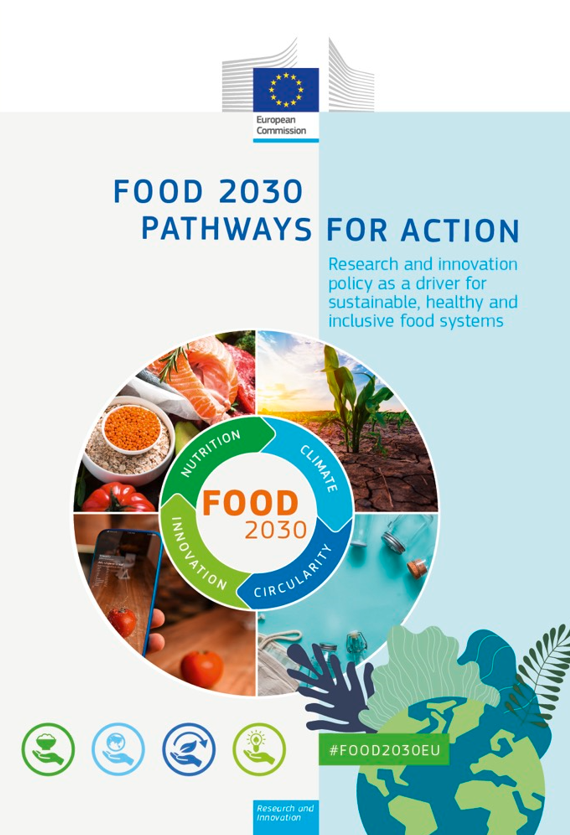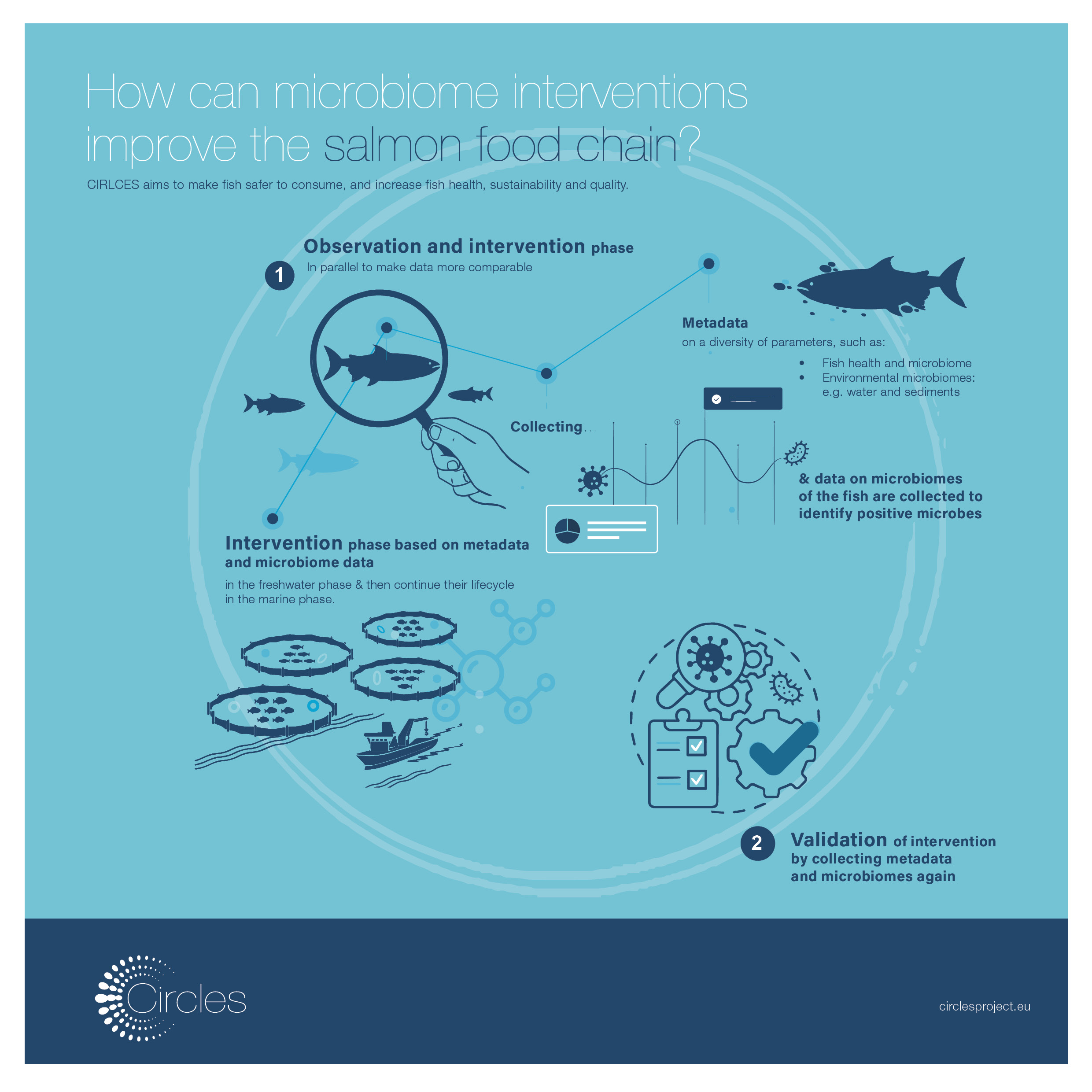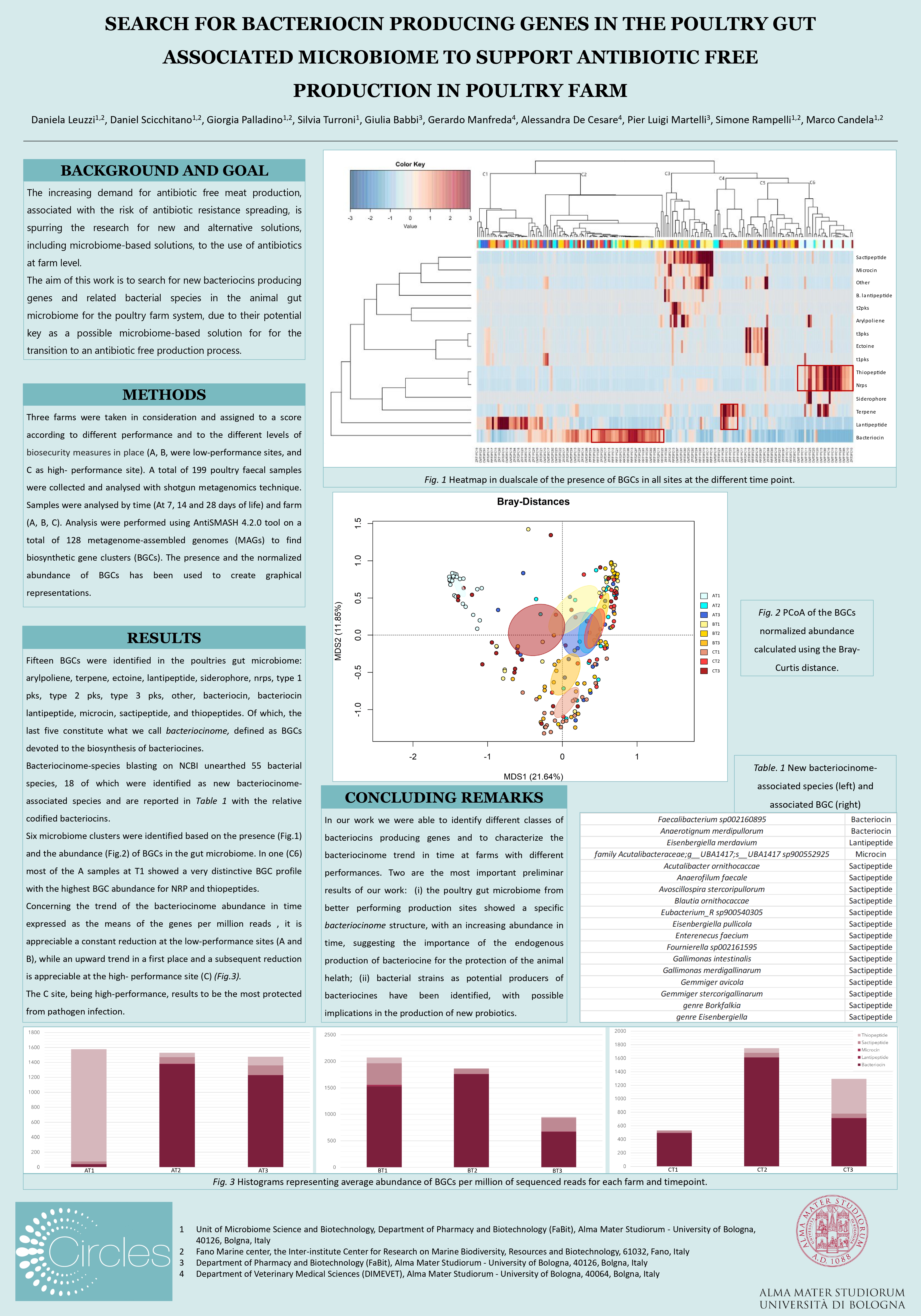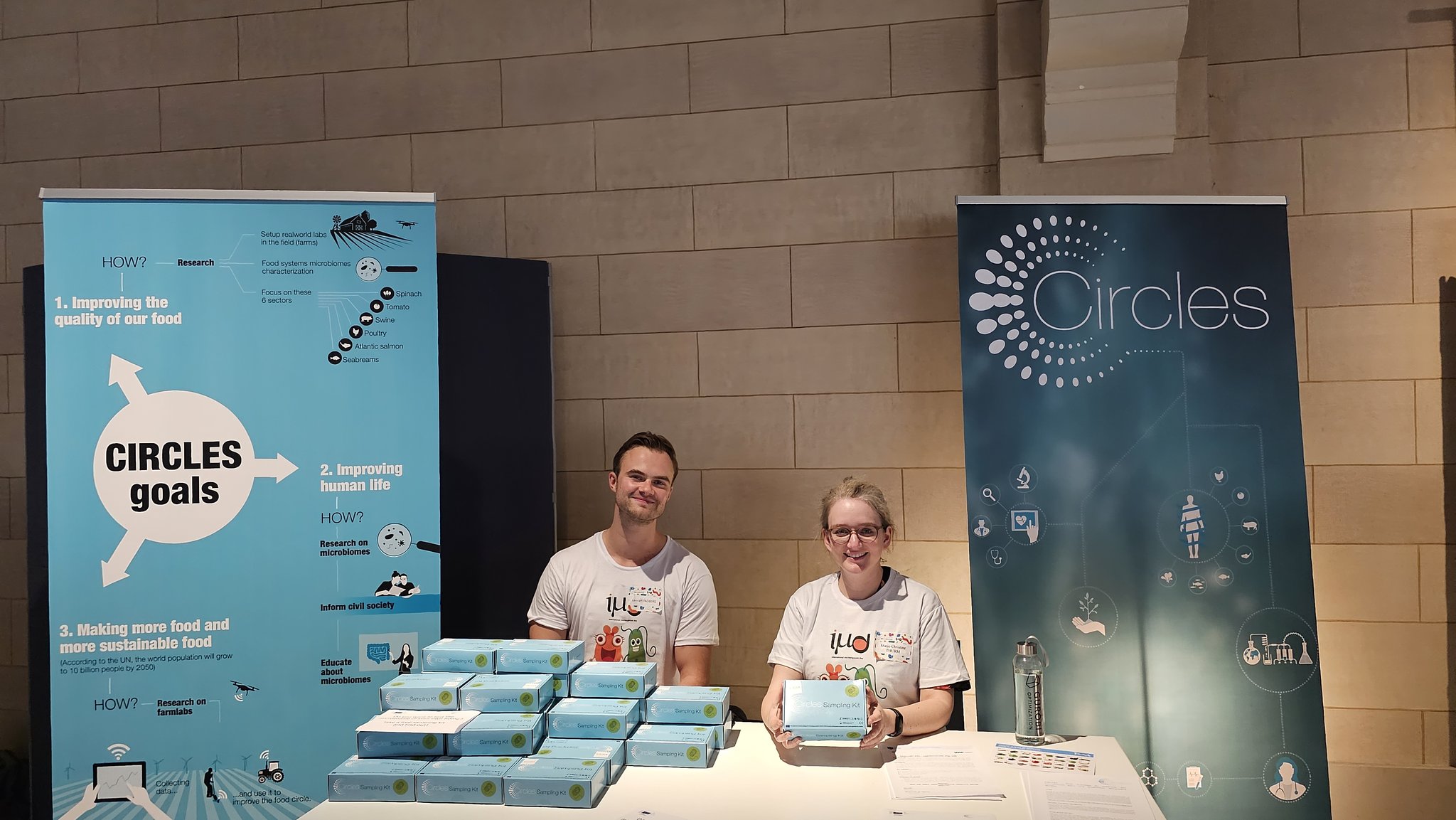CIRCLES is proud to have been featured in the publication ‘The microbiome world: a life science opportunity for our society and our planet’ of the EC initiative ‘Food 2030 Pathways for Action’. The initiative frames future research and innovation policy relevant to the framework programme Horizon Europe as a driver for sustainable, resilient, healthy and inclusive food systems. For the purpose of a new bioeconomy strategy for a sustainable Europe, the FOOD 2030 Pathways to Action aims to deliver co-benefits for the areas of nutrition, climate, circulatory and innovation.
You can find the full publication HERE.

Microbiome research and innovation will contribute to a sustainable bioeconomy, including food production, waste management and human health. At present, there are certain obstacles to microbiome innovation, e.g. the lack of global coherency, weak translational science, lack of skills and education and the regulatory framework. That is why particular R&I actions are needed as interventions. In this context, partnerships and engagement at different levels, and also more technical interventions focusing on food quality, agricultural sustainability and productivity, soil health and restoration are crucial.
For a better future impact, partnerships in microbiome R&I and international collaborations should be the relevant focus. The EU has supported more than 500 projects for this purpose. CIRCLES (Controlling Microbiomes Circulations for Better Food Systems) is shown as one of the key projects in the EC publication, which has started in 2018 and is receiving EUR 10 million investment. CIRLCES aims to establish a new integrated economic system of products and services, proposing new food value chains based on microbiome knowledge, which aligns perfectly with the objectives of the EC initiative FOOD 2030 Pathways for Action.





